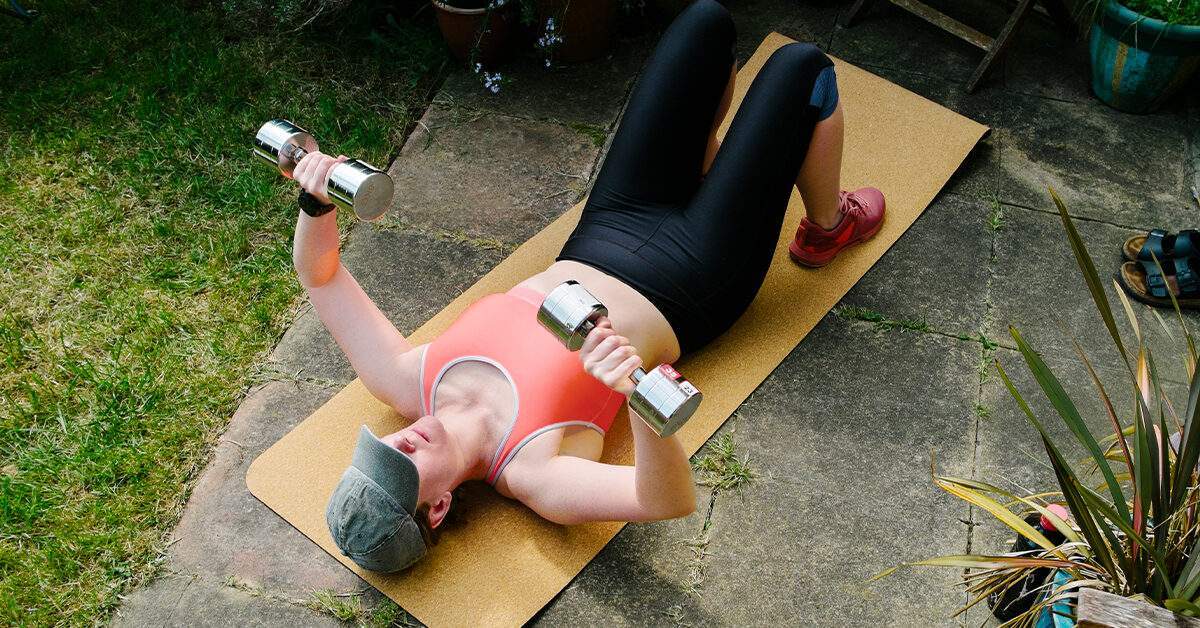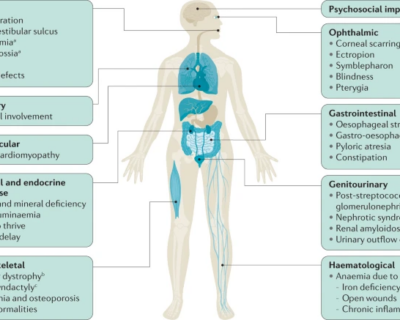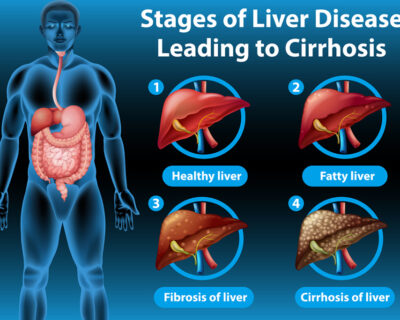
Exercising and cutting 200 calories from your daily diet will help you maintain a healthy heart.
- According to a new study, older persons with obesity who coupled aerobic exercise
- with a moderate calorie decrease improved their cardiovascular health more
- than those who only exercised or exercised with a more restrictive diet.
- The researchers looked at aortic stiffness, a measure of vascular health indicator that influences cardiovascular disease.
- Reduced risk of heart attack and stroke can be one of the many advantages of improved overall heart health.
According to the slogan, diet and exercise are the best strategies to lose weight,
implying that weight loss is the most essential indicator of general health.
However, hearing that mantra can be discouraging when adopting these actions does not result in weight loss.aerobic exercise
Taking measures to eat fewer calories and exercise more, however, can boost your heart
health whether or not you lose weight, according to a recent study.
The research published in the American Heart Association’s journal Circulation
found that when older adults with obesity combined aerobic exercise with a
moderate calorie reduction, their cardiovascular health improved more than those who only exercised or exercised with a more restrictive diet.
The researchers looked at aortic stiffness, a measure of vascular health indicator that influences cardiovascular disease.
Aerobic exercise has already been shown to reduce age-related aortic stiffness,
but this current study suggests that exercise alone may not be adequate.
Obese older individuals who trimmed 200 calories a day in addition to exercising enjoyed greater benefits than those who exercised alone.
Dr. Guy L. Mintz, Northwell Health’s director of cardiovascular health and lipidology at Sandra Atlas Bass Heart Hospital, said, “This research is remarkable, revealing that a slight change in calorie intake and moderate exercise increases blood valve reactivity.”
What did the research uncover?
The research was conducted as a randomized controlled trial. It featured 160 sedentary people between the ages of 65 and 79 who were obese.
For 20 weeks, participants were randomly allocated to one of three intervention groups: The first group maintained their usual diet while increasing aerobic exercise; the second group exercised and reduced calories by 200 per day; the third group exercised and reduced calories by 600 per day.
Participants spent 30 minutes on a treadmill four times a week for aerobic exercise.
The aortic arch pulse wave velocity, which is the rate at which blood travels through the aorta, and distensibility, or the ability of the aorta to expand and contract, were both measured in all individuals.
Here’s what the researchers found:
- The distensibility of those who exercised and decreased 200 calories per day increased by 21%. They also experienced an 8% reduction in pulse wave velocity.
- Aortic stiffness measurements did not differ significantly between the exercise-only group and the group that exercised and eliminated 600 calories per day.
- Body alterations, such as those impacting BMI, total fat mass, percent body fat, abdominal fat, and waist circumference, were larger in both of the calorie-restricted groups than the exercise-only group.
- Regardless of the number of calories reduced, both groups lost the same amount of weight.
This means that those who wish to get in better shape and enhance their cardiovascular health don’t have to commit to harsh diets and fitness routines.
Although not precisely examined, improving heart health provides a variety of benefits, including a lower chance of heart attack and stroke.
How to cut 200 calories a day
One of the most important conclusions from this research is that a few minor lifestyle changes, rather than a complete lifestyle overhaul, might provide impressive outcomes.
Cutting 200 calories a day may not be too tough for many people.
Dr. James Trapasso, an internal medicine physician with NewYork-Presbyterian Medical Group Hudson Valley who specializes in heart health, diabetes, and high blood pressure, said, “We knew lowering blood pressure may have long-term benefits, but this is a much more specific and easier approach to improve heart health.”
“Extremely strict diets and fitness regimens cause people to abandon them. They aren’t seeing any benefits and aren’t sticking with it. “A 200-calorie reduction won’t be noticeable, and it’s a simple thing to do,” he said.
“Take out a bag of chips or a couple of cookies, and add in a regular stroll, and you’ve got heart health,” Mintz explained. “This heart-healthy road plan is simple to follow and presents no substantial obstacles.”
Trapasso also urged keeping an eye on what you consume.
“Drinks have a lot of calories,” he explained. “Cutting extra sugar, whether alcoholic or nonalcoholic, is the simplest way to lose weight.”
Limiting processed meals, such as high-calorie and high-carbohydrate foods like cereal, is another approach.
“It all boils down to the small changes you can make on a daily basis that will have a big influence in the long run. Because these interventions are quite simple and easy to implement, we are considerably less likely to abandon them,” Trapasso added.






